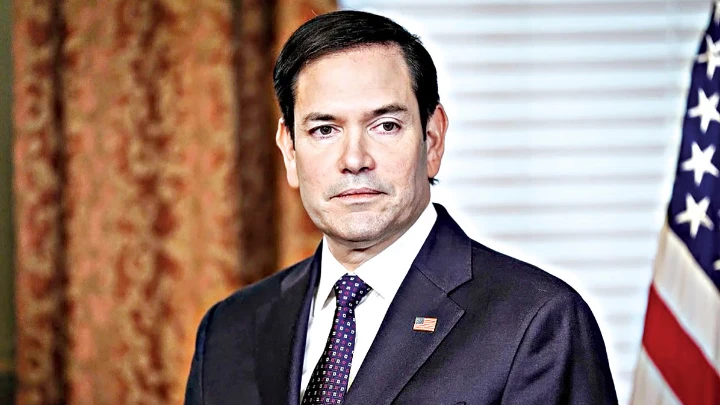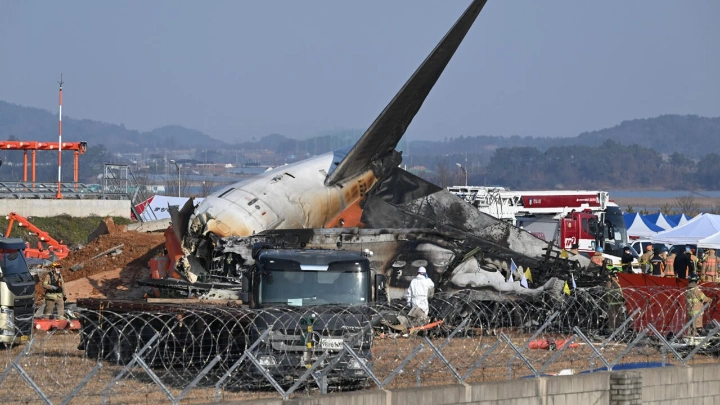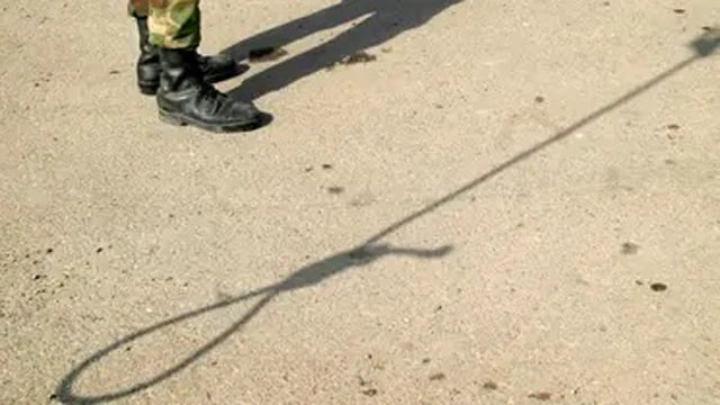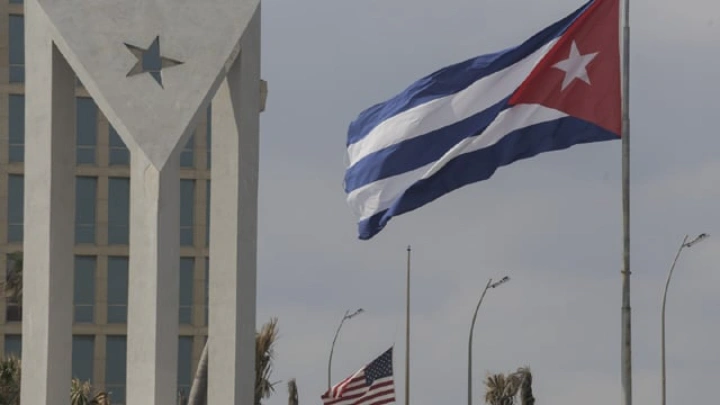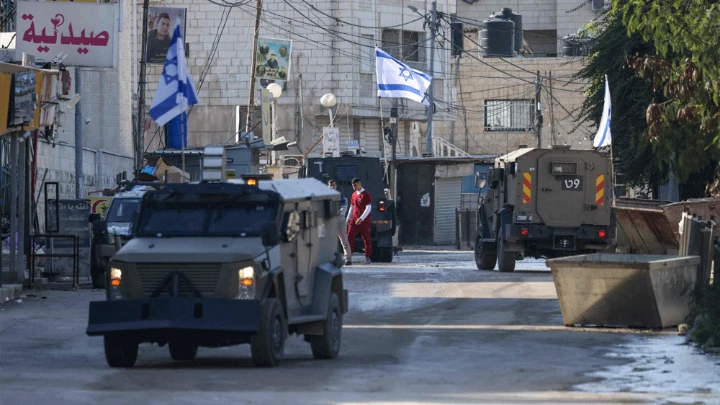The chase for strategic one-upmanship by Iran and Israel could lead to an expanded regional war with global, long-term ramifications
Israel, Iran, and shadowboxing for deterrence
ORF || Shining BD
On the sidelines of the ongoing war in Gaza, Pakistan reportedly banned the Zainebiyoun Brigade—a Pakistan-based Iran-backed Shia militia group which fought on behalf of Iran’s powerful Islamic Revolutionary Guard Corps (IRGC) in Syria and beyond.
The news came at a time when Iran’s President Ebrahim Raisi is expected to visit Islamabad in late April while Pakistan’s Prime Minister, Shehbaz Sharif was to Saudi Arabia on his first international visit.
The Zainebiyoun Brigade, along with its sister Shia-militia Fatemiyoun Brigade from Afghanistan, is part of what is seen as a construct known as the ‘Axis of Resistance’. Supported by Iran, both militia groups are small but important parts of the Iranian construct which uses such proxy groups as a core strategy for deterrence across the region. In both Syria and Iraq, the likes of Hezbollah, Kata’ib Hezbollah, Hezbollah al-Nujaba, Kata’ib al Shuhada, Ansar Allah (the Houthis) and now even Hamas, have been a part of Iran’s strategy of deterrence from engaging in a conventional, full-scale conflict with both Israel and the wider Arab world. And these till now have allowed Iran a level of plausible deniability, maintaining that all these political entities are independent groups and make their decisions autonomously.
The Iranian action was packaged as a response to Israel’s strike against its consulate in Damascus, Syria, where a senior IRGC military leader was killed.
Arguably, over the past few years, the Iranian push to surround its interests with these proxies has worked out well. Tehran’s argument justifying its action against Israel was cushioned by invoking Article 51 of the United Nations Charter which outlines the rules and right to self-defence. The Iranian action was packaged as a response to Israel’s strike against its consulate in Damascus, Syria, where a senior IRGC military leader was killed. According to former Iranian diplomat Nosratollah Tajik, the cost of deterrence is considered a kind of investment. The operation was for deterrence.
However, the idea of deterrence, both a conventional and theoretical terminology when studying wars and conflict, seems a little out of place as far as how the Israel–Iran tensions have played out. In fact, deterrence conceptually often works far better on paper than in practice. It can be argued that Iranian blueprints had already been paying large dividends across the region for their strategic interests. The drone attacks on Saudi Arabia’s oil installations in 2019 by the Houthis saw a delayed, and less-than-desired response from the United States (US) to act against such aggressions. This further led to a re-calibration of not just Riyadh’s war in Yemen, where it is now holding direct talks with the Houthis to find a way out, but also for Saudi Arabia and Iran to end their diplomatic thaw and resume relations in a détente brokered by China last year.
Beyond the Saudis, Iran already has working relationships with the United Arab Emirates (UAE), Qatar, Oman, and even Kuwait, building bridges via diplomacy to have cordial relations. This, of course, does not mean that there are no more fundamental divergences between these Arab states and the seat of power for Shia Islam, but an acceptance for many, that back-sliding towards a wider regional conflict is not in anyone’s long-term economic or political interest. Such a hypothesis is further cemented by the fact that the Abraham Accords, which normalised political ties between Israel and a group of Arab states in 2020, still stands today and has not become a victim of the region’s ongoing conflagrations.
Targeting radar defence sites in Isfahan, for example, is being seen as messaging from Israel that it can reach Iranian nuclear infrastructure.
Then what explains kinetic action-led chase for deterrence? There are two aspects to this. First, from an Israeli point of view, maintaining not just deterrence, but an upper hand against its main regional foe is unanimously seen by the country’s polity as critical and existential. This directly feeds into a sense of security for the Jewish state, something which needs to be urgently rebuilt after the 7 October terror attack by Hamas. The recent retaliatory strikes inside Iran stand as a testament to this view. However, the overarching question remains, whose idea of deterrence prevails, and who sets the agenda for the same? For the moment, Israel has demonstrated its capacity to both clandestinely, and now also conventionally, target deep into Iranian territory successfully. Targeting radar defence sites in Isfahan, for example, is being seen as messaging from Israel that it can reach Iranian nuclear infrastructure.
A similar response was also seen in 2020, when the US assassinated IRGC’s elite commander of the Quds Force, Qassim Soleimani, and a barrage of Iranian missiles targeted US facilities in Iraq.
For Iran, a retaliation for Israel’s strike in Damascus was probably a difficult call to make. The IRGC suffering losses at the highest level would be detrimental for a force that works under the direct command of the Ayatollah. A similar response was also seen in 2020, when the US assassinated IRGC’s elite commander of the Quds Force, Qassim Soleimani, and a barrage of Iranian missiles targeted US facilities in Iraq. The dynamics then were different, with the US being a foreign power. But the dynamics for Israel are anchored by geographic realities.
Israel’s response and chase for strategic one-upmanship is a long and drawn-out game. If Iranian nuclear facilities are targeted, Tehran may double down, and race towards nuclear weaponisation. The fears of war in Gaza escalating to a regional one seem to be coming true, disregarding US influence. For the moment, more than Israel versus Iran, as the latter attempts to downplay the incidents, it may well be down to a battle of egos between Israel’s Prime Minister Benjamin Netanyahu and Iran’s Ayatollah Khamenei. An expanded regional war will have global, long-term ramifications.
Shining BD




